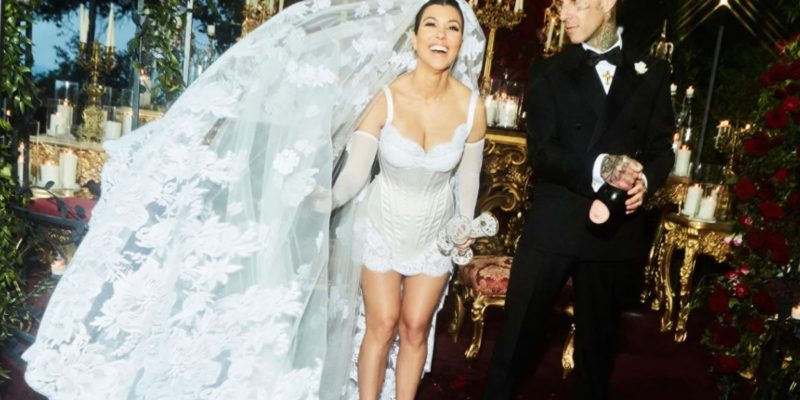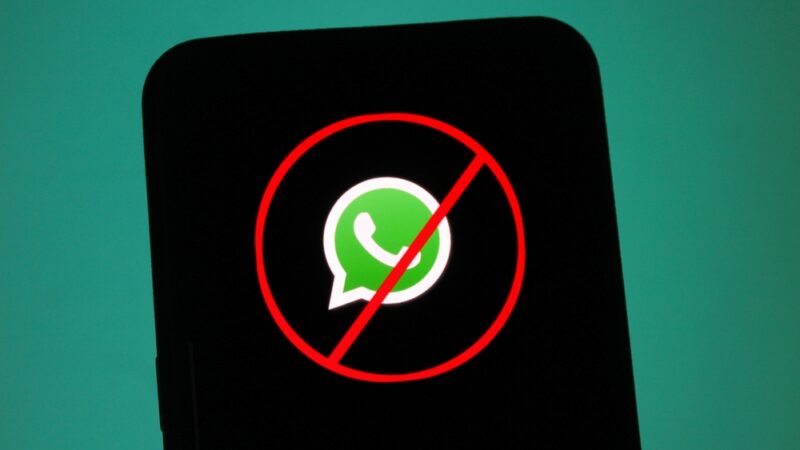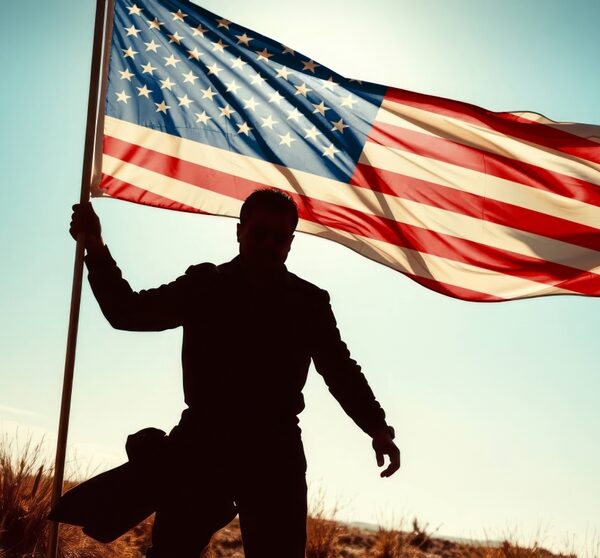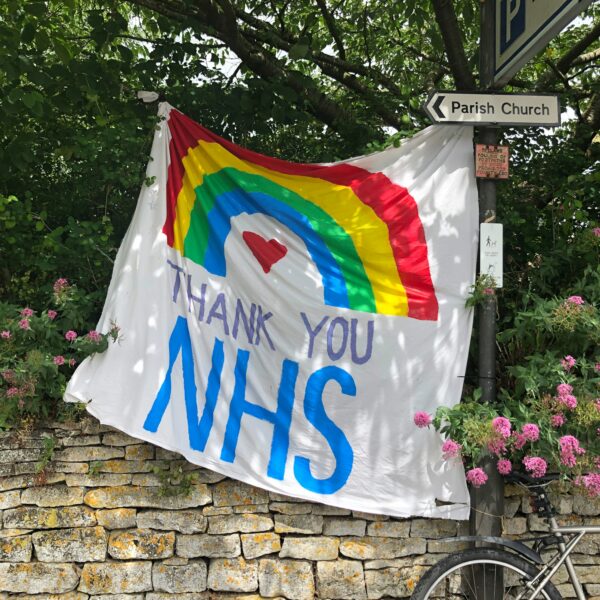
Woman advocating for choice tells women what to do
Yet again, women who think they know what’s better for other women are telling women that their right to choose means they should choose what they consider to be better.
Somehow, the whole feminist narrative has become a judgemental mouthpiece for telling other women how to lead their lives, failing to see the irony that holding up a flag for free choice means that every woman should be able to choose to do whatever the hell they like. In line with the approval of some unnecessarily angry feminists.
Because not every woman who makes a more traditional choice is a hapless, ignorant victim of the patriarchy who needs to see the light.
Kourtney Kardashian married Travis Barker, and everybody had an opinion on two things: the dress she decided to wear, and the fact she changed her name to Kourtney Kardashian Barker.
Being a celebrity inevitably comes with its judgements – you are in the spotlight, and everybody therefore feels entitled to have an opinion about you and your life. What these women fail to see is their opinion is simply a perspective of what they wouldn’t do, and has absolutely nothing to do with the choices of another woman. Solidarity? Freedom? Choice? These feminist bastions don’t matter, because it’s not what I would choose, and I know I choose feminism because I’m always angry at other women. Okay.
So let’s break this down. Victoria Richards wrote a piece called “No woman should be changing her name after marriage in 2022”. Really though, “No woman should be telling another woman how her marriage or name should be in 2022”.
“I’ve been clinging to the hope that marriage is becoming more progressive – at least where women are concerned.” – it is. Women are choosing to double barrel, not take their husband’s name at all, or take it. That’s the progression. Choice. The idea that progression ought to be the entire elimination of a choice, e.g. to take your husband’s last name, is not progressive, it is regressive.
Richards then explains how, from her experience, changing her name “never felt like ‘me’…I’d had my name, my identity, for 30 years.” No, you didn’t. You had your father’s name. Or your mother’s father’s name. We are all tied to our male lineage in one way or another because if it weren’t for that we wouldn’t exist. Biologically speaking.
Still, she goes on to experience an entire crisis of being over his name: “Yet overnight, I was expected to become someone else.” No, you weren’t. Sure, an extra layer of identity as someone’s wife would be supplemented to your pre-existing identity, but that’s what happens when you get married.
So she changed her name back. Fine. “Our identities are paramount – so why do women give them up so easily?” Because some of us feel like it is a natural, deeply personal, intimate, even romantic part of getting married, of the union between two people, to share a name and life together. Some people really want that – and it isn’t your place to question what makes other people happy, remember? If you feel so averse, why not have a conversation first with your partner? Progressively speaking, the expectation should perhaps not be there by default, but the ability to make a free decision either way should always be.
Richards then bizarrely hits out at the concept of fairytales brainwashing little girls into the idea of Prince Charming and “[giving] up our individual identities for the sake of the family”. Except: Aurora in Sleeping Beauty was only awoken from her slumber by ‘true love’, which seems like a pretty legitimate foundation for marriage; Cinderella teaches that it is imperative to always be kind towards others, to forgive, to live as a being of love and give that love to the world (and it is the Prince who becomes enamoured with her and is determined to work to win her over, not Cinderella waiting to be ‘saved’); and Beauty and the Beast sees a determined, book-smart Belle deny the ongoing advances of an abhorrent man’s hand in marriage, instead falling for a ‘Beast’ because inner beauty and morality is more important than the superficial. Which are exactly the lessons we’ve all forgotten and really ought to start remembering in society.
Yes, marriage was initially about possession, and it was us sentient, feeling beings that made the choice in the late 18th and early 19th Century that love should be of equal if not greater importance than what she calls “possession”. Well over 200 years ago.
She concludes: “I support every woman’s right to make a personal choice about whether or not they marry – but I strongly believe no woman should ever take her husband’s name…Change needs to be societal, and it needs to be instinctive. It’s on women, now, to say “I don’t”.”
Okay. Here’s my instinct – I don’t want you telling me, or any other woman, how to be women, how to be married, how to be ‘progressive’. We don’t all want to do what you want to do.
We all have the opportunity to double-barrel, keep a maiden name, change it entirely to Flanderfloop if we want. The norm shouldn’t be dictated by other people who feel self-righteous enough to tell others the choices they make that, crucially, do not affect or impact them, are wrong – the norm should always be the freedom to make a personal choice that isn’t anybody else’s business at all.
















